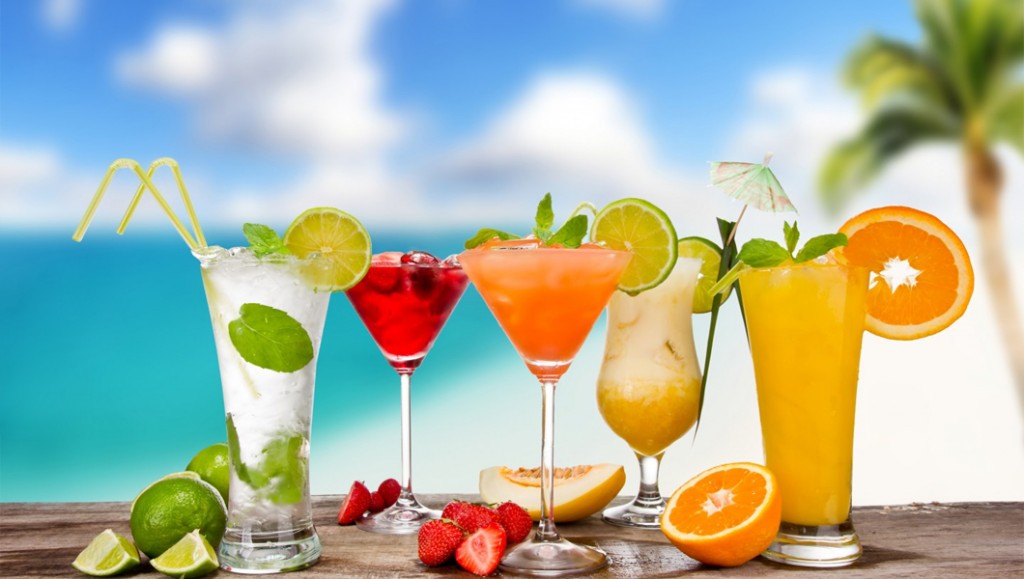How Cold Beverages Can Affect Your Health
Soft drinks, which are also known as sodas, are beverages made from water and sweetener. The sweetener can be either sugar or high-fructose corn syrup. Fruit juice is often used as a sweetener as well. Other sweeteners, such as artificial sweeteners, may also be used. They may also contain caffeine, coloring, and preservatives.
Drinking cold water
Drinking cold water may increase your energy levels and help you burn fat. However, it can also cause cold-related symptoms like a sore throat or stuffy nose. This is because chilled water causes the respiratory tract to produce more mucus. This buildup makes the area susceptible to inflammatory infections.
Cold water is also bad for your health in many other ways. It can weaken the immune system and exacerbate the effects of cold stress, while it may also narrow your blood vessels and increase your risks of high blood pressure. It can even make you feel sharp discomfort if you suffer from a health condition such as achalasia or migraine.
It is not clear whether drinking cold water increases your risk of cancer. However, studies show that it can improve your performance during workouts. The cold water helps maintain the hydration level in the body while exercising. It can also improve your multiple sclerosis patient’s workouts.
Drinking cold beverages
While many people may find it uncomfortable to drink cold drinks, there are many benefits to drinking them. The first is the fact that they promote weight loss. The coldness of a beverage can also help to curb appetite. Cold beverages help to lower your body temperature, which will slow down digestion. The cold temperature will also slow down the biochemical reactions of enzymes and bacteria, which are necessary for the digestion of food.
However, there are some negative aspects to drinking cold drinks. The acidic nature of many drinks will eventually destroy the enamel of your teeth. Acidic drinks are particularly harmful to the teeth, as any type can dissolve the metal that protects the enamel. The acid will wear through the enamel, forming tiny circles, and then will eventually eat into the yellow dentin layer, which is sensitive to cold.
Drinking cold water after a meal
According to Ayurvedic medicine, drinking cold water with a meal may have negative effects on the digestive system, including indigestion. The reason is that cold water dilutes digestive acids, making it harder to digest food. In addition to making your food harder to digest, cold water can also make you feel sluggish and tired.
The National Cancer Institute and other respected cancer health resources do not mention the link between drinking cold water and cancer. The practice of drinking cold water after a meal has become commonplace, but if it was harmful, it would have been extensively researched and reported. Sadly, the information available about cold water and cancer is sparse.
Drinking cold water after a meal can have a variety of benefits. It can help fight heat stroke. It lowers the body’s temperature, which helps remove foreign invaders. Cold water also boosts the metabolism, burning up to 70 extra calories per day. It can also help prevent excessive sweating and dehydration.
Drinking cold water after teeth whitening treatment
Drinking cold water after a teeth whitening treatment is not a good idea, as it can cause tooth sensitivity. Cold water can also damage the enamel. To avoid pain, drink only warm or hot water after your teeth whitening treatment. It is important to stay hydrated for a while after the teeth whitening process so you can maintain your new smile.
Avoid drinking cold liquids and food for 2 to 3 days after teeth whitening treatment. Your teeth are likely to feel more sensitive to cold temperatures, so you should avoid ice cream and frozen desserts for that time. You should be able to resume your normal diet after this period, but if you still experience tooth sensitivity after three days, visit a dentist.
Drinking cold water after a headache
Some studies have suggested that drinking cold water after a headache may cause the pain to worsen. Drinking cold water may also lead to a thickening of the mucus in the throat and can aggravate other conditions, such as achalasia. Some people may also experience tooth sensitivity after drinking cold water.
A headache caused by dehydration should be treated as soon as possible. Adding electrolyte solution to the water can help rehydrate the body and relieve pain. However, dehydration can cause vomiting. It is best to avoid dehydration while taking medications to treat headaches.
